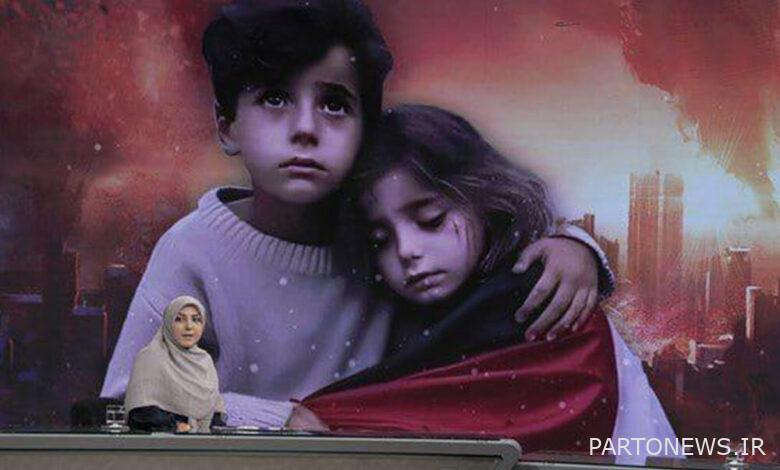Was “To the Horizon of Palestine” successful in the grand scheme of narratives? – Mehr news agency Iran and world’s news

According to Mehr reporter, the meeting “Examination of the program “To the Horizon of Palestine” as a model for transformation in the national media?” Last day, November 28, was organized by Parsa think tank, which is affiliated with the Student Mobilization of Sedavasima University.
In this meeting, Soheila Sadeghi, a professor of sociology and a researcher in the field of sociology, mentioned that she was against changing the team.
In addition, Jalal Ghafari, the former director of Ofoq Network, rejected the story of the team change and stated: I hope the story of the change of the actors of this program will not be like the story of that actor who said that because I entered a certain program, this program is popular. With a program, the procedure of television has never changed. When the issue of changes in agents becomes bold, it shows that this event has a political aspect because the team changes in many places and no one is aware of it.
Sadeghi also stated: I need to discuss a plan; What are the requirements when we plan an ideal and want to describe it? What is the meaning of the ideal? If we put forward the ideal as an unchanging concept in general relation with politics, the ideal in this program is “Palestine”.
He added: The ideal should be the axis of unity, both conceptually and in action. This program was able to create unity in inviting guests, so it got an acceptable score in the stage of action and inviting faces, but it was not like this in conceptual unity, that is, we did not see the grand scheme of different narratives in the field of Palestine and the movement that was formed in the program.
Referring to the narrative of the Zionists, this university professor stated: The Zionists stand on a grand narrative that anti-Semitism is equal to racism, and they have created an emotional uproar in the world and even spread it. The narration in this program should also have the capability of global design. This program was a good program in many ways, but the types of doubts that were raised in the virtual space were not answered in the program, or if they were raised, they were not serious. The ideal must have the ability to conflict with the grand narratives. “To the Horizon of Palestine” could not put a narrative of the Islamic Republic on the table of the media of the Islamic Republic and say that this is our narrative. When you can’t put the correct grand narrative on the table, and then a new political fight is brought into the midst of the fights, it means that all the effort that the initial team of the program gained for unity has been called into question by the political fight.
Sadeghi added: It should be seen how far we have been able to move from politics to society in the Palestinian cause. Edward Said says, “The experience of occupation is understood if it is expressed through the language of a Palestinian mother” and what he means is that instead of a political analyst, if a Palestinian mother speaks, you identify with her, and this happened with the photos that were published. Emerged. Apart from these, there is no point in making a series of stereotypes in the program. Finding points of commonality in the Palestine debate is an important point that the program “To the Horizon of Palestine” did not get an acceptable score in this regard.
He discussed the changes in the program and said: managers do not see television programs in a dialectical relationship with the audience and consider them as their property.
Ghafari further reminded: Broadcasting public relations should have given an explanation about this. As far as I know, there was no change in the team, but they asked the team to communicate with the network manager instead of the person who was in charge, and they did not accept, and this does not mean dismissal.
He also said about the discussion of narratives: We must redefine or improve the narrative of the Islamic Republic of Palestine. In media psychology, they believe that when the feeling is overdone and bold, we should create a media action for it. In the case of Gaza, we only make the audience feel inside. I myself prefer not to see some scenes because one’s blood boils, but there is nothing you can do about it. Media cannot exist without feeling, nor can it exist without creating an epic; Creating an epic is another layer that we don’t pay attention to.
Sadeghi also added: In educational discussions, we have a discussion called “the threshold of evil”, which means to consider a limit as a red line. But this threshold does not exist in the national media. In this case, examples in the national media, such as presenters and producers, turn against you when they cannot work with you because these limits are not defined for them.
Mohammad Aghasi, the former president of ISPA, also stated in his words: The content of the program “To the Palestine Horizon” was persuasive and not seduction. The program tried to be persuasive and that was a good point.
Agassi considered people and people’s taste to be the priority of national media and said: “Media without audience, even if it carries the best messages, will not be useful.” We have to put aside the media minus the people.

